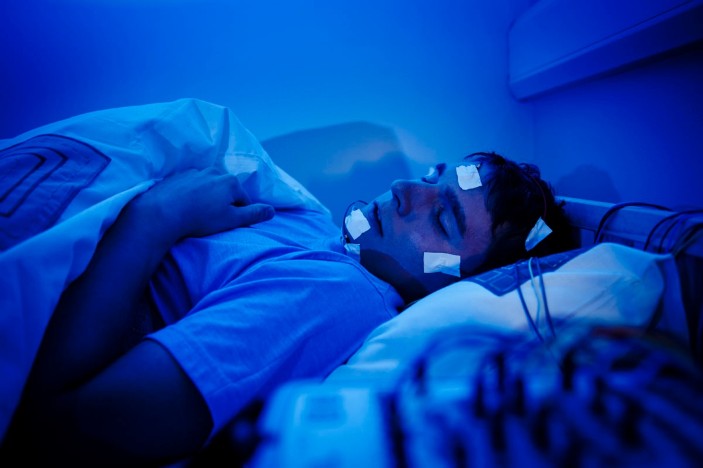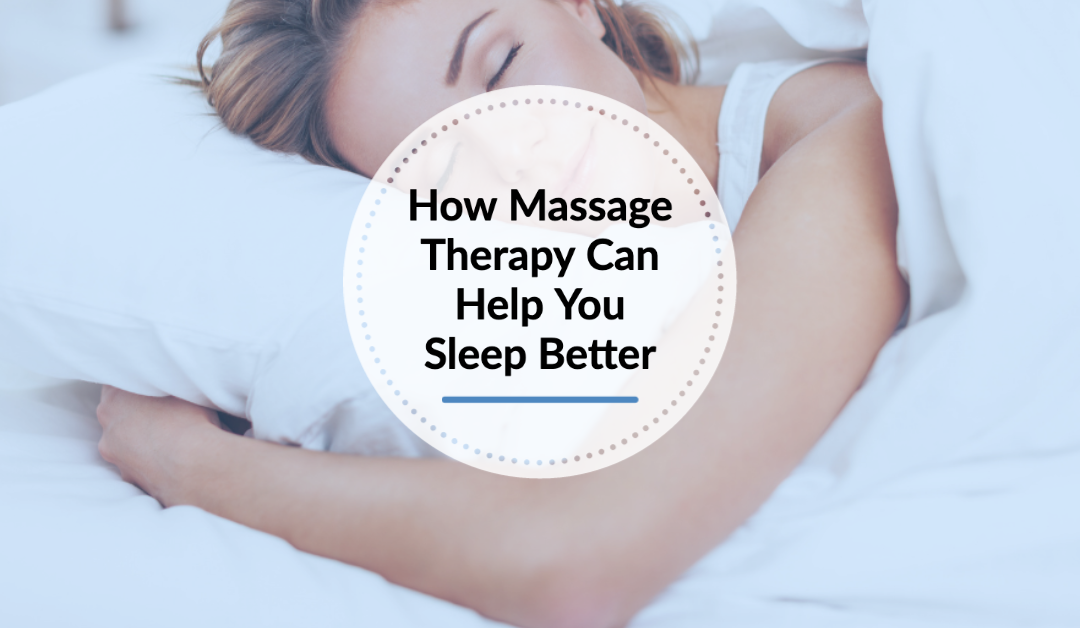Advanced Sleep Therapy - Accomplish Deep, Relaxing Sleep
Advanced Sleep Therapy - Accomplish Deep, Relaxing Sleep
Blog Article
Effective Treatment Solutions for Taking Care Of Sleep Disorders and Enhancing Relaxing Sleep
In the realm of health care, the administration of rest disorders and the mission for relaxing rest are crucial elements of general wellness. As we browse the intricate landscape of sleep problems and seek to enhance our rest experience, a deeper understanding of these therapy remedies may hold the secret to opening a more refreshing and meeting restorative trip.
Cognitive Behavioral Treatment for Sleep Problems (CBT-I)
Cognitive Behavior Modification for Sleep Problems (CBT-I) is an organized, evidence-based treatment method that concentrates on addressing the underlying elements adding to rest disruptions. This type of therapy aims to modify behaviors and thoughts that intensify sleep problems, eventually advertising healthy rest patterns. CBT-I usually entails numerous key parts, including cognitive therapy, rest constraint, stimulus control, and rest health education.
Cognitive treatment assists individuals identify and alter negative thought patterns and beliefs concerning rest that may be impeding their capability to fall or stay asleep. Rest constraint involves restricting the amount of time spent in bed to match the person's real rest duration, therefore enhancing sleep efficiency (insomnia solutions). Stimulation control strategies aid establish a strong organization in between the bed and sleep by encouraging people to visit bed only when drowsy and to prevent participating in boosting tasks in bed
In addition, rest hygiene education and learning focuses on establishing healthy rest routines, such as maintaining a consistent sleep timetable, producing a relaxing bedtime regimen, and enhancing the rest environment. By dealing with these factors adequately, CBT-I provides an effective non-pharmacological treatment for managing insomnia and enhancing overall rest quality.
Rest Hygiene Practices
Having actually established the structure of cognitive restructuring and behavioral alterations in dealing with sleep problems with Cognitive Behavioral Therapy for Sleep Problems (CBT-I), the emphasis currently shifts in the direction of checking out vital Sleep Hygiene Practices for keeping optimal sleep top quality and overall wellness.
Rest hygiene techniques encompass a variety of habits and ecological aspects that can dramatically influence one's ability to go to sleep and stay asleep throughout the night. Consistent rest and wake times, creating a relaxing bedtime routine, and optimizing the sleep atmosphere by maintaining it dark, peaceful, and cool are essential elements of good sleep health. Restricting direct exposure to displays before going to bed, staying clear of stimulants like high levels of caffeine near bedtime, and taking part in normal exercise throughout the day can also promote much better rest top quality.
Additionally, practicing relaxation techniques such as deep breathing exercises or reflection prior to bed can help soothe the mind and prepare the body for sleep. By incorporating these rest hygiene practices into one's daily routine, individuals can establish a healthy and balanced rest pattern that supports peaceful rest and total health.
Leisure Methods and Mindfulness
Carrying out relaxation methods and mindfulness practices can play a pivotal duty in promoting a sense of calm and advertising high quality sleep. sleep improvement therapy. These strategies aim to quiet the mind, reduce stress and anxiety, and produce an optimal setting for peaceful rest. One commonly practiced approach is deep breathing exercises, where people focus on sluggish, deep breaths to kick back the body and mind. Dynamic muscle mass relaxation entails tensing and afterwards launching each muscle group, advertising physical relaxation. Furthermore, guided images can help move individuals to a peaceful area in their minds, aiding in anxiety reduction and improving rest top quality.
Mindfulness methods, such as reflection and yoga, are likewise effective in promoting leisure and boosting rest. Mindfulness encourages people to remain present in the minute, releasing fret about the past or future. By integrating these methods right into a bedtime routine, individuals can indicate to their bodies that it is time to relax and prepare for rest. On the whole, integrating relaxation techniques and mindfulness practices can significantly contribute to managing rest disorders and enhancing overall sleep top quality.

Medicine Options for Sleep Disorders
After checking out leisure methods and mindfulness practices as non-pharmacological treatments for boosting rest top quality, it is important to take into consideration medicine options for people with sleep conditions. In instances where way of living modifications and treatment do not provide sufficient relief, medication can be a useful device in taking care of rest disturbances.
Generally suggested medicines for sleep conditions include benzodiazepines, non-benzodiazepine hypnotics, antidepressants, and melatonin receptor agonists. Antidepressants, such as trazodone, can be useful for individuals with co-occurring depression and rest disruptions - sleep improvement therapy.
It is crucial for people to seek advice from a healthcare provider to figure out the most proper medicine alternative based upon their specific sleep condition and case history.
Light Therapy for Circadian Rhythm Policy
Light treatment, likewise known as phototherapy, is a non-invasive treatment technique used to control body clocks and boost sleep-wake cycles. This treatment entails exposure to bright light that mimics all-natural sunshine, which helps to reset the body's biological rhythm. By try this revealing individuals to certain wavelengths of light, normally in the early morning or evening depending on the desired result, light therapy can properly readjust the body clock to promote wakefulness throughout the day and improve restful sleep in the evening.
Study has actually revealed that light treatment can be especially helpful for individuals with circadian rhythm problems, such as postponed sleep phase disorder or jet lag. It can additionally be handy for those experiencing seasonal depression (SAD), a kind of depression that typically takes place during the winter season when all-natural light direct exposure is minimized. Light treatment is generally well-tolerated and can be utilized in conjunction with various other therapy techniques for sleep problems to enhance outcomes and boost overall sleep top quality.
Conclusion
To conclude, efficient treatment remedies for taking care of rest disorders and improving peaceful rest include Cognitive Behavior modification for published here Sleeplessness (CBT-I), rest hygiene methods, leisure techniques and mindfulness, medicine choices, and light therapy for circadian rhythm law. These strategies can help individuals enhance their rest top quality and total health. It is crucial to speak with a healthcare company to figure out the most appropriate technique for attending to rest problems.
As we browse the detailed landscape of rest conditions and seek to boost our rest experience, a deeper understanding of these treatment options may hold the secret to unlocking an extra refreshing and meeting corrective journey.
Rest limitation includes limiting the quantity of time invested in bed to match the individual's real sleep duration, thereby raising sleep performance. Regular sleep and wake times, creating a relaxing bedtime regimen, and optimizing the rest environment by keeping it dark, peaceful, and cool are crucial elements of great sleep health. Light therapy is usually well-tolerated and can be made use of in conjunction with various other treatment methods for rest conditions to optimize results and boost overall sleep top quality.

Report this page